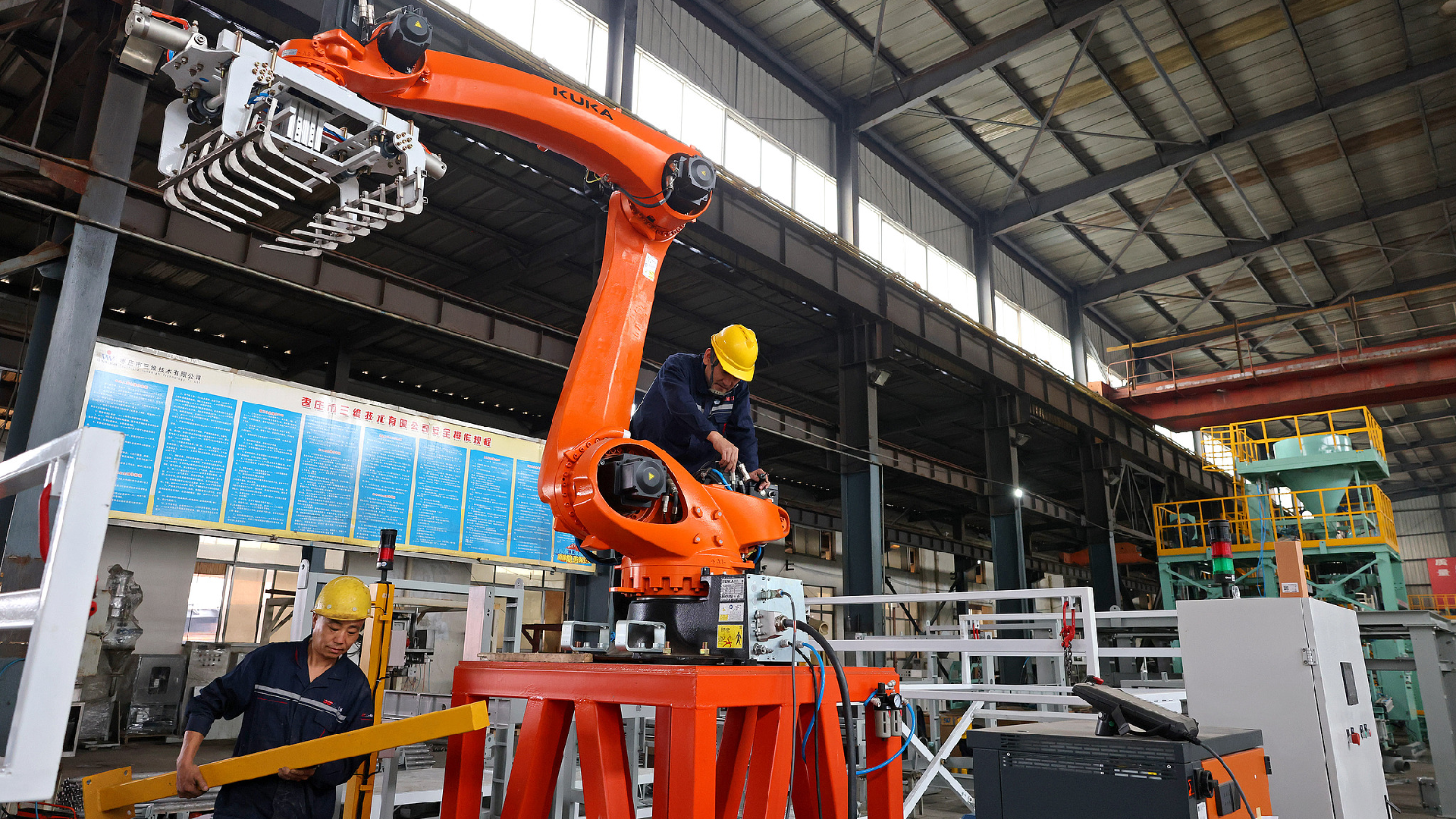China's Economic Recovery Gains Momentum, Bolstered by Policy Measures
Recent trends indicate that China's economy is exhibiting positive growth momentum, fueled by a range of policies. The swift implementation of a set of incremental measures has played a crucial role in not only boosting market confidence and improving expectations but also significantly revitalizing market activity.

Recently, China's economy has exhibited encouraging growth momentum, largely fueled by a series of strategic policies. The quick implementation of a package of incremental policies has succeeded in boosting market confidence and enhancing expectations while significantly invigorating market activity. These measures encompass proactive fiscal and monetary approaches, alongside targeted support for the real estate sector, capital markets, and the broader real economy. Intensive policy interventions have not only clarified the market's direction but have also effectively lowered operational costs for businesses and revitalized market entities through various initiatives, such as tax and fee reductions, increased credit availability, and an improved business environment.
The impact of these policies is gradually becoming apparent, first evidenced by a shift in market expectations. Previously, due to various challenges, market confidence was low, corporate investment appetite was subdued, and consumer spending was cautious. Nevertheless, as the policies took effect, market confidence has slowly rebounded. An essential indicator of economic activities in the manufacturing sector, the Purchasing Managers Index (PMI), is reflecting positive developments. By the end of September, China's manufacturing PMI reached 49.8, marking a 0.7 percentage point increase from August and surpassing market predictions. In October, the PMI rose to 50.1, indicating positive momentum for two consecutive months and entering expansion territory.
Notably, key sectors such as real estate, the stock market, and the RMB exchange rate have undergone positive developments as a result of these policies.
In the real estate market, recent government measures have contributed to a gradual stabilization. In several cities, housing prices have begun to recover, accompanied by an uptick in transaction volumes. The policy support has alleviated the financial pressures faced by real estate developers and stimulated related industrial chains, thus driving new economic growth.
The stock market has also benefitted from these favorable policies, with the A-share market demonstrating strong overall performance. As of the close on October 28, the Shanghai Composite Index remained solidly above 3,300 points. Additionally, foreign capital inflows have been consistent, enhancing the internationalization of the A-share market and laying a robust foundation for its long-term growth. A strong stock market will not only bolster investor confidence but also attract further capital inflows, providing additional financial resources for the real economy.
Concerning the RMB exchange rate, policies have helped maintain its stability around a reasonable and balanced level. This stability is vital for upholding financial market resilience, reducing exchange rate risks for businesses, and strengthening the international competitiveness of China's economy. A stable RMB exchange rate will further benefit Chinese enterprises in global markets, thereby promoting export growth and fostering economic recovery.
With ongoing policy implementations and the gradual realignment of their effects, China's economy is poised for even more substantial growth. The government plans to continue enhancing policy efforts and optimizing the policy mix to ensure effective support for the real economy. Concurrently, enterprises are expected to adapt to these policy changes actively, improve internal management, and bolster innovation capabilities to navigate market challenges and capitalize on development opportunities.
Supportive policies are forecasted to sustain a stable and positive economic trend in the fourth quarter. From the industrial production perspective, improved enterprise efficiency and increased market demand indicate that industrial production is likely to maintain steady growth. With rising incomes and boosted consumer confidence, the consumer market is anticipated to expand further. Additionally, with heightened government investment and private investor activity, investment is expected to emerge as a crucial driver of economic growth.
The recent impacts of these policies have provided substantial support for stabilizing and enhancing China's economy. Moving forward, as policies continue to be implemented and their effects unfold, the country is expected to experience more significant growth. However, it is essential to remain mindful of potential risks and enhance preventive measures to ensure stable economic operations. This approach will facilitate the continuous promotion of high-quality economic development in China's new era.
Allen M Lee for TROIB News
Find more stories on Business, Economy and Finance in TROIB business












